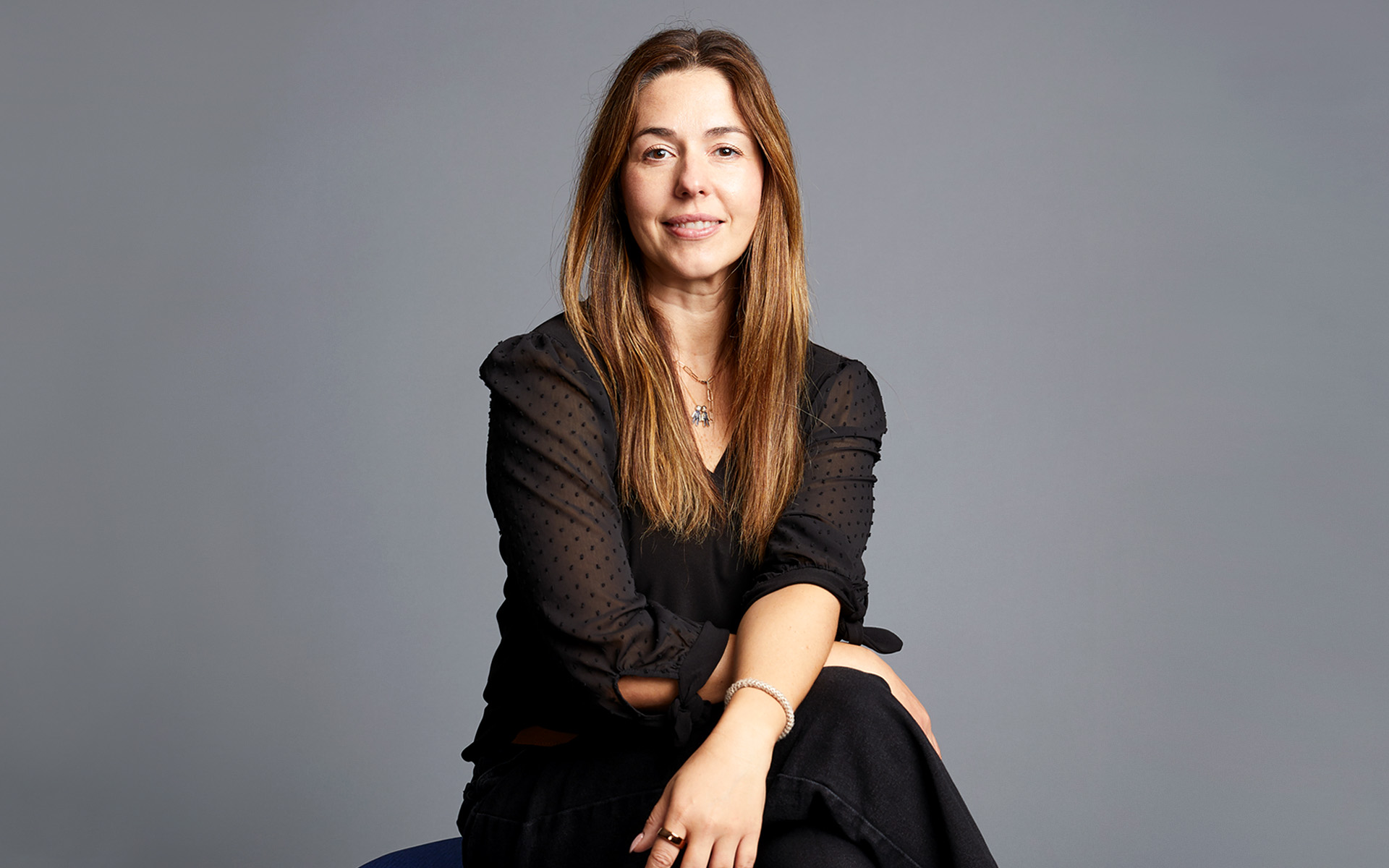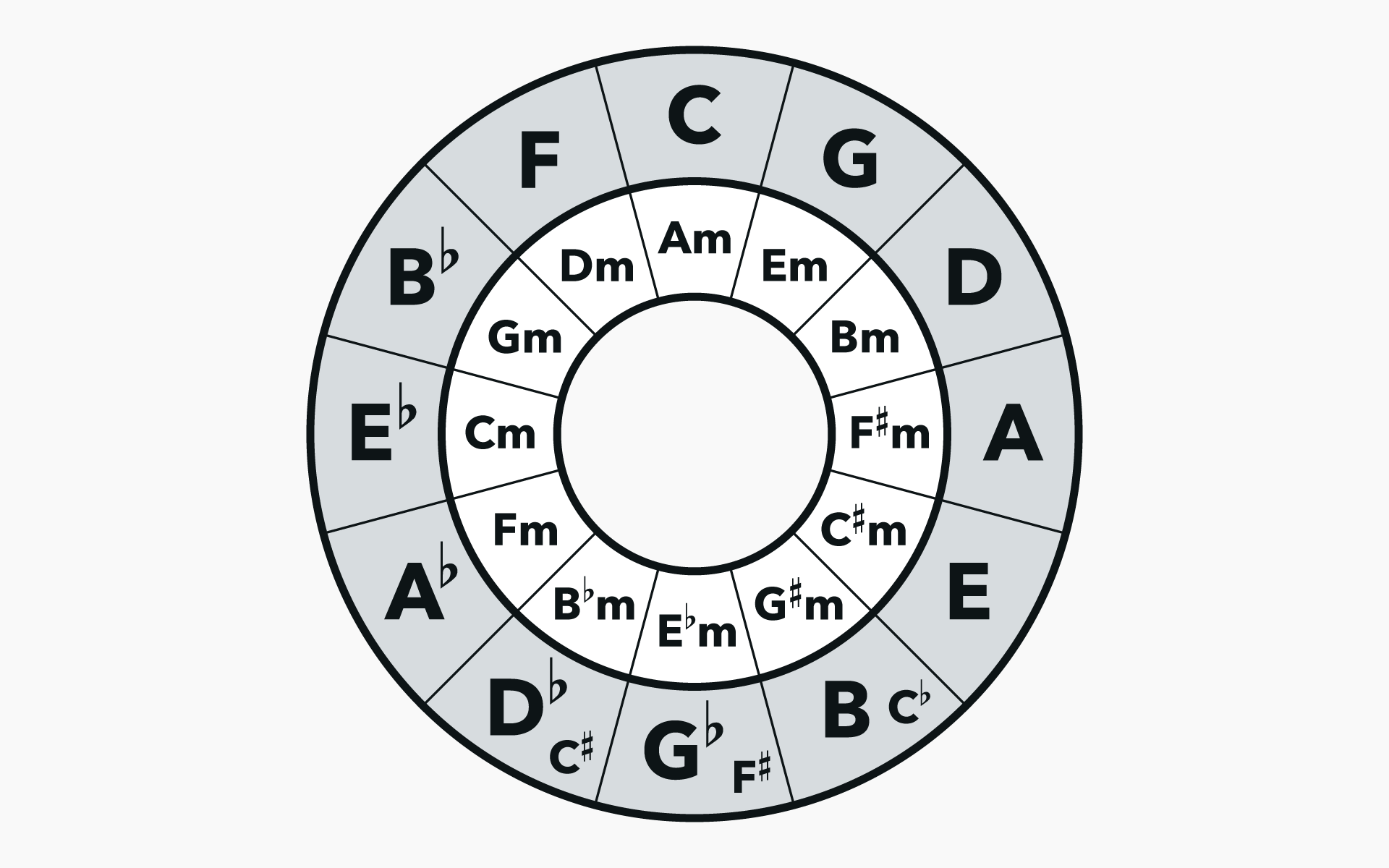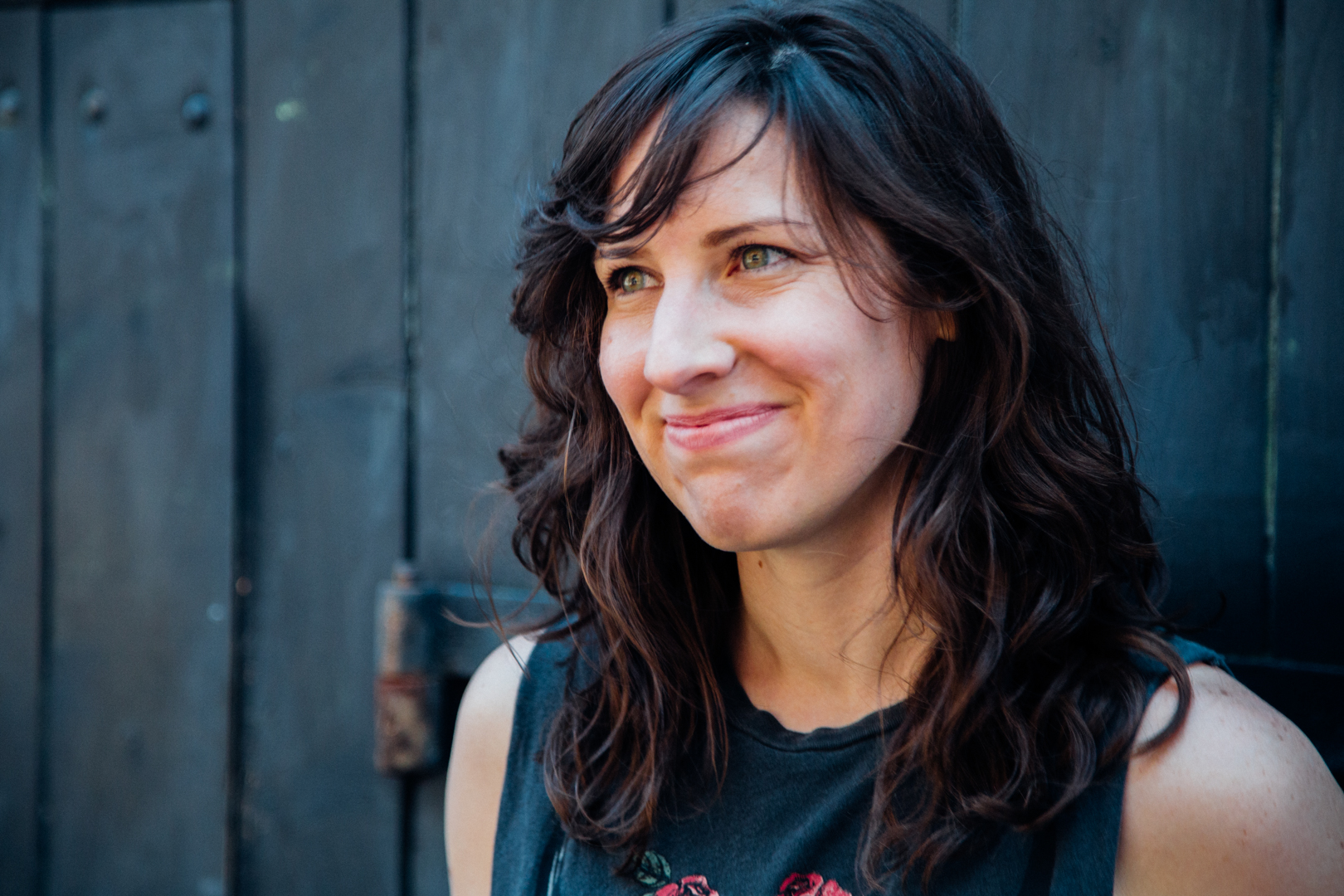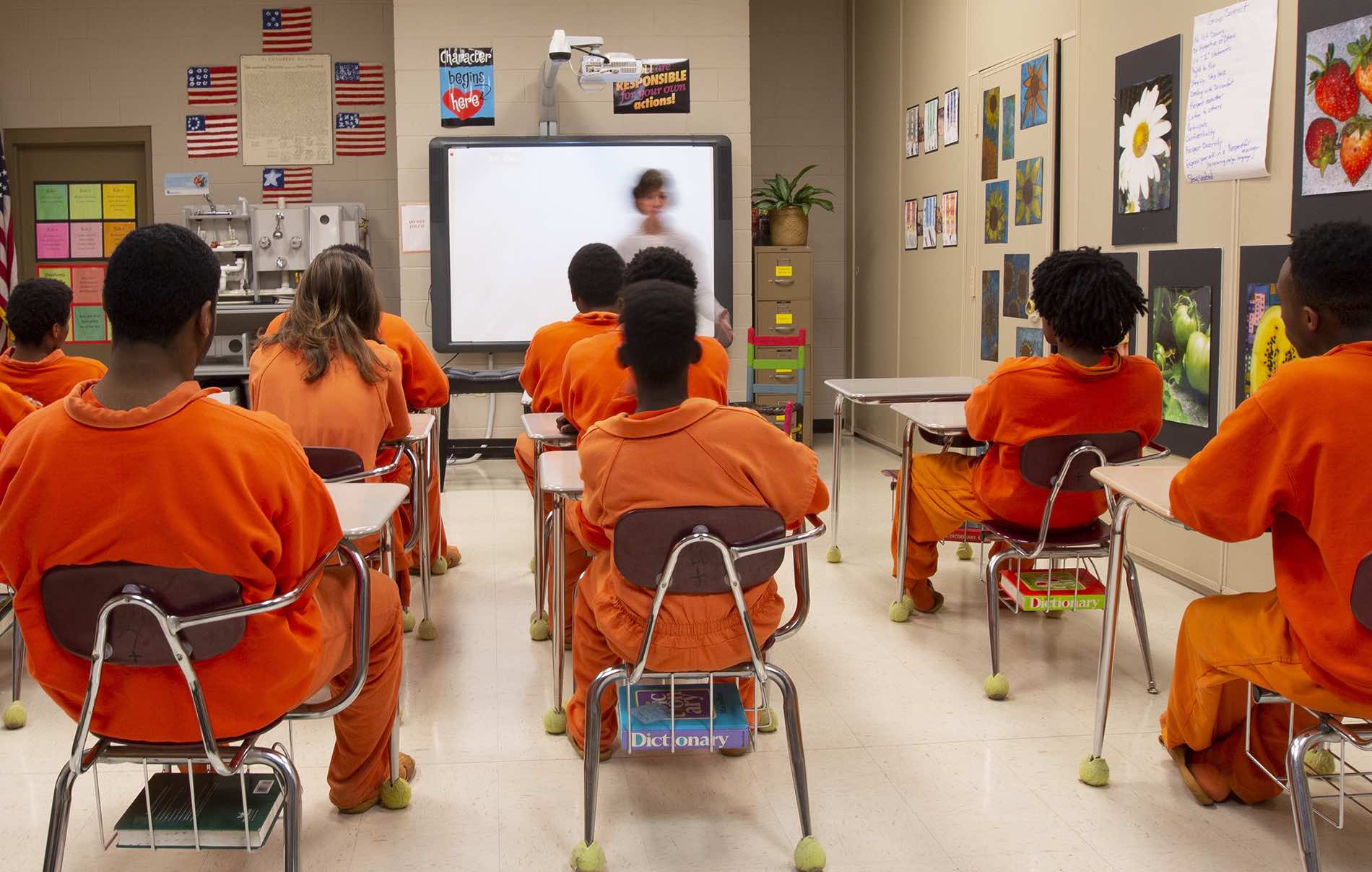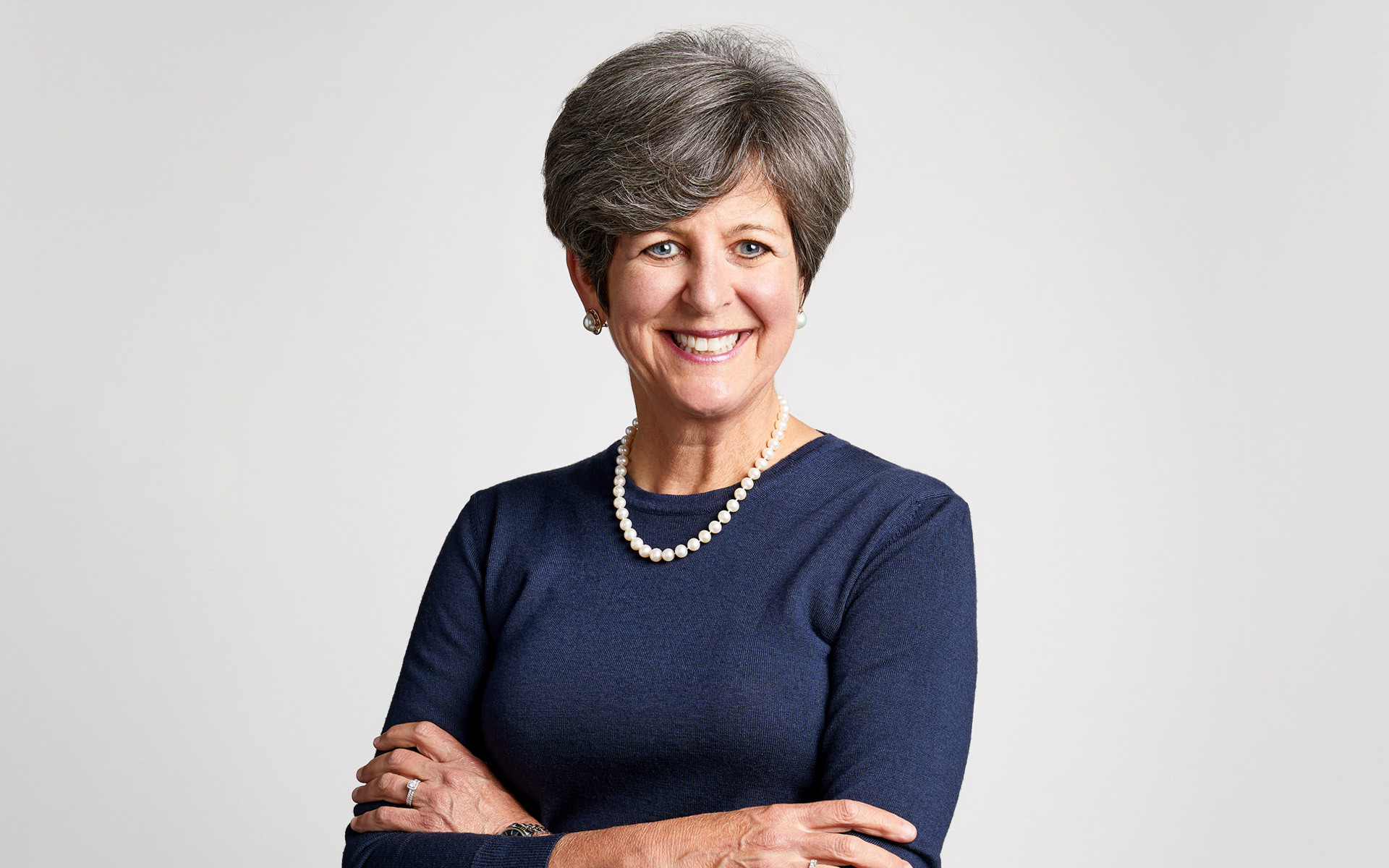One day in 2013, Leah Waldo (class of 2010) found herself helping incarcerated teenagers write and record hip-hop, a venture which was miles outside of her country music comfort zone. This non-profit experience, which was through Berklee’s lamentably defunct Genuine Voices program, was a revelation for her.
“That experience helped me understand what I wanted to do,” she says. “Music is such a powerful thing in that it can really bring a lot of people together, completely different people! I grew up in a tiny rural town in Illinois, and here I was working with these inner city kids, working with them to write lyrics about really rough stuff that I’ve never had to experience firsthand.”
Waldo took her bring-a-lot-of-people-together ethos and expanded upon it exponentially. After working with Genuine Voices, she realized she wanted to get a degree in education, and when she was studying for the GRE, she learned of a helpful tool called a MOOC. It stands for Massive Open Online Course, and it’s an online class that usually consists of filmed lectures, quizzes, peer-to-peer reviews, and an unlimited amount of participants—thus the “massive” part—obtaining college-level knowledge for free. In the year since Waldo began her role as Curriculum Manager for Berklee—and just three years since MOOCs set her on the road to obtaining her Masters from Harvard Graduate School of Education—she has nearly tripled Berklee’s offering of MOOCs, and radically reformed the MOOC program.
Where Berklee only offered eight MOOCs in 2013, the program has since expanded to 23 offerings, many of which are brand new, and some of which are translated into Spanish and Portuguese. Subjects include introduction to guitar and music theory as well as higher-level courses such as Creating Synthesizer Sounds for Electronic Music and Jazz Improvisation (which is taught by Gary Burton). Berklee’s MOOCs have enrolled 1.8 million students to date, but what Waldo has prided herself on is trying to keep these massive courses feeling intimate.
“We’ve taken so many steps to try to make it seem smaller than it is,” she says, “to make MOOCs with a little m instead of a big m.”
These steps include bringing in Berklee alumni to volunteer as teaching assistants to monitor the class forums, host Twitter chats, and look for problem areas of the courses. This can be beneficial to more than just those enrolled in the MOOCs, as the TAs receive a $300 discount for Berklee Online tuition. And since the TAs are all Berklee alums, many of them are also working musicians, so volunteering for the MOOC program gives them a huge opportunity for self-promotion, allowing them to share social media links and websites with the massive pool of students.
“If an alumnus who is helping with the MOOC just cut an album or has social media channels that they want to push, they can get thousands of students looking at their stuff,” says Waldo. “It’s a great opportunity for them, and it makes students feel a connection to someone in the Berklee community.”
MOOCs are offered via services like Coursera and edX. While enrollment is free, a student can pay a small fee for a certificate of completion (usually no more than $49 per course).
“The whole idea of MOOCs is to increase access to music education for people who wouldn’t necessarily have access otherwise,” Waldo says, “which is why we’re offering courses translated into multiple languages.”
The MOOC experience thus far has been so positive for students that many take the next step and enroll in a Berklee Online 12-week course. There the offerings are wider and the interaction with instructors is more personal. Students who complete a MOOC receive a $300 discount for Berklee Online tuition, giving them the opportunity to begin working toward of bachelor of professional studies degree.
“We don’t want students to take a MOOC and then say, ‘alright, well that was fun, now what?’” explains Waldo. “We want them to have a pathway of learning, so that if they choose to go further, they have the option to do so.”
Leah Waldo is working to ensure that students will have as many options as possible.
For more information on Berklee’s MOOCs, visit coursera.org/berklee or edx.org/school/berkleex.

